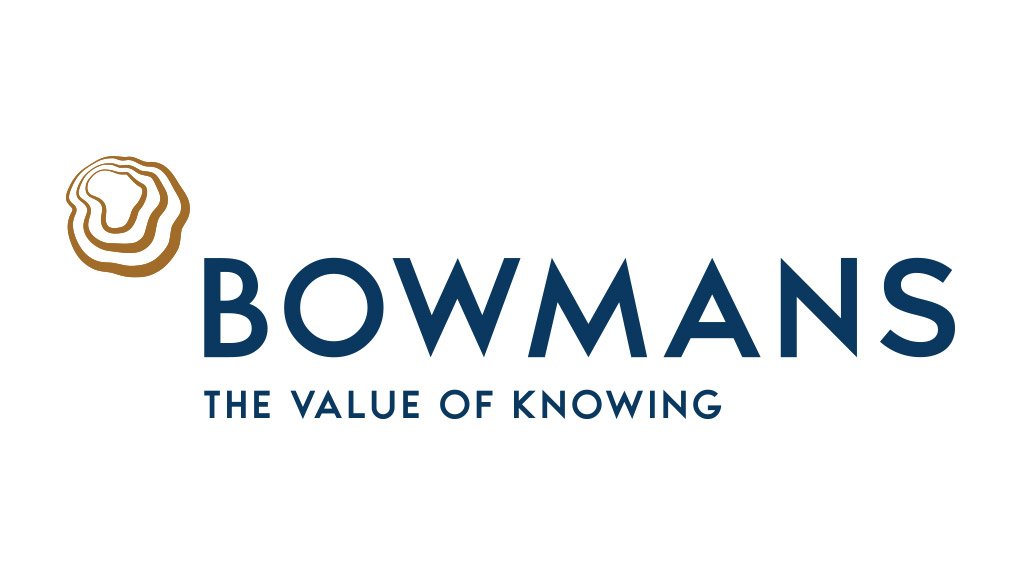Tanzania has expanded its approach to taxing retained profits. While retained earnings were previously addressed through the existing Controlled Foreign Corporation (CFC) provisions, the Finance Act, 2025, now introduces an additional deemed distribution rule. In light of these changes, businesses should reassess their ownership structures and dividend policies to mitigate potential tax exposure. Remaining vigilant as the tax landscape evolves will be key to ensuring resilience and growth.
Key insights
Tanzania’s tax regime covers both foreign and domestic profit accumulation through CFC rules and the new deemed distribution rule in section 33A of the Income Tax Act 2004 (ITA).
The Tanzania Revenue Authority (TRA) has been applying CFC rules broadly to tax retained earnings of subsidiaries with foreign parents, creating uncertainty that is now before the Court of Appeal.
The Finance Act 2025 introduces section 33A, giving the Commissioner General discretion to treat 30% of profits as “distributed” if no dividend is declared within 12 months of the year-end.
Why this matters now
For many Tanzanian companies, retaining profits has been an important way to fund growth without immediate tax costs. That assumption is now being challenged.
Two developments are changing the landscape: the TRA’s expansive interpretation of CFC rules and the introduction of a deemed distribution rule under the Finance Act 2025. Together, they raise critical questions for boards and chief financial officers, including:
- When does retaining earnings create a tax liability?
- How should dividend policies adapt?
- What counts as legitimate reinvestment versus tax avoidance?
The CFC rules
The original intent
CFC provisions, found in sections 94 to 97 of the ITA, are standard in many jurisdictions. Their purpose is to stop residents from parking profits in offshore subsidiaries to defer local taxation.
Put simply
- Who it should target: Tanzanian residents with offshore subsidiaries.
- What it should prevent: Deferral of Tanzanian tax by shifting profits abroad.
- What it should not do: Tax retained earnings of domestic companies.
The controversy
Section 96(6) of the ITA extends the regime by applying certain rules “as though” a resident company were a CFC when it distributes to a non-resident associate. International guidance shows this was meant to capture “loop-back” structures, where a Tanzanian company is indirectly held via an offshore entity, and profits could otherwise escape Tanzanian tax.
The TRA has taken a wider view, applying the rule to any Tanzanian subsidiary with foreign shareholders. Under this approach, even ordinary retained earnings of a local company may be taxed.
This interpretation was established by the Tax Revenue Appeals Board in Gateway Gaming Tanzania v Commissioner General (the Gateway Gaming Appeal) and overturned by the Tribunal, though the case is now before the Court of Appeal. The decision will be critical for multinational groups and local businesses with foreign investors.
Finance Act 2025: Section 33A of the ITA on deemed distributions
From 1 July 2025, section 33A of the ITA adds a new tool for the TRA to address profit accumulation.
What the law says
If a company makes no distribution within 12 months of year-end, the Commissioner General may treat 30% of that year’s profit as if it had been distributed. The measure is discretionary and positioned as an anti-avoidance rule.
Key points to note
Definition of profit: The provision does not define it, but the intention seems to be accounting profit after tax for that year. Brought-forward reserves should not be included, though practice will confirm.
Interaction with CFC rules: Section 33A of the ITA does not apply to companies treated as CFCs under section 96(6). Based on the TRA’s view, this could mean Tanzanian-owned companies are caught while foreign-owned subsidiaries are not.
Taxation of actual dividends: If dividends are later declared, there is no further withholding tax on profits already deemed distributed.
International perspective
Most countries take one of two approaches:
- Use CFC rules to capture offshore deferral of income.
- Use deemed distribution rules to limit domestic accumulation of profits.
Tanzania now applies both. This dual regime creates extra compliance and uncertainty, particularly for businesses with mixed local and foreign ownership.
Practical implications for businesses
Dividend policy review: Boards should revisit dividend strategies. Even a modest annual dividend could prevent section 33A of the ITA from applying, though liquidity and shareholder expectations must be managed.
Ownership structure analysis: Companies with foreign shareholders remain at risk under the TRA’s broad reading of section 96(6) of the ITA. The Court of Appeal’s ruling will be important.
Profit retention justifications: Businesses retaining profits for reinvestment or regulatory purposes should document clear commercial reasons, in case the Commissioner challenges the retention under section 33A of the ITA.
Tax forecasting and cash flow: Finance teams should factor possible deemed distributions into tax models, especially where large retained earnings are common.
What businesses should do next
Tanzania now has one of the most complex approaches to undistributed profits in the region. Companies can no longer assume that reinvested earnings are safe from immediate tax.
In the short term:
- Ensure at least some dividend is paid within 12 months of year-end.
- Assess whether your company could be exposed under the TRA’s wide CFC interpretation.
- In the medium term:
- Monitor the outcome of the Gateway Gaming Appeal.
- Watch for TRA guidance on how section 33A will be applied in practice.
- In the long term:
- Align dividend, reinvestment, and capital adequacy policies with both compliance and shareholder expectations.
Final thought
Tax policy in Tanzania is clearly moving against indefinite retention of profits, both offshore and onshore. While the rules remain in flux, businesses should not wait. The most effective strategy is to be proactive: review your structures, adapt dividend policies, and prepare for closer scrutiny of retained earnings.
Written by Edwin Prosper, Senior Tax Advisor, and Fredrickson Maboko, Tax Advisor, Bowmans Tanzania
EMAIL THIS ARTICLE SAVE THIS ARTICLE ARTICLE ENQUIRY FEEDBACK
To subscribe email subscriptions@creamermedia.co.za or click here
To advertise email advertising@creamermedia.co.za or click here











